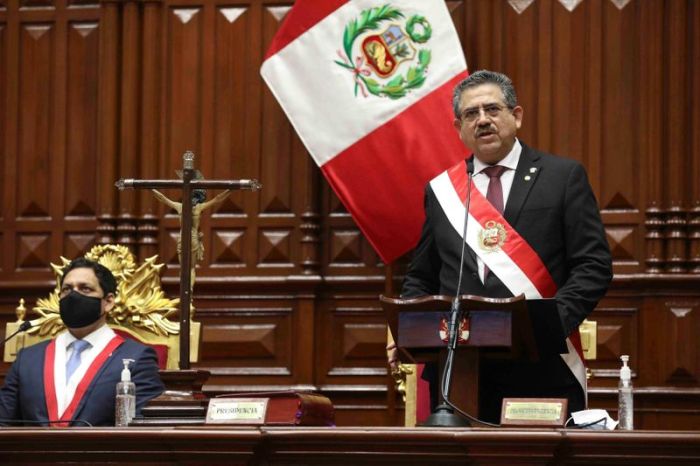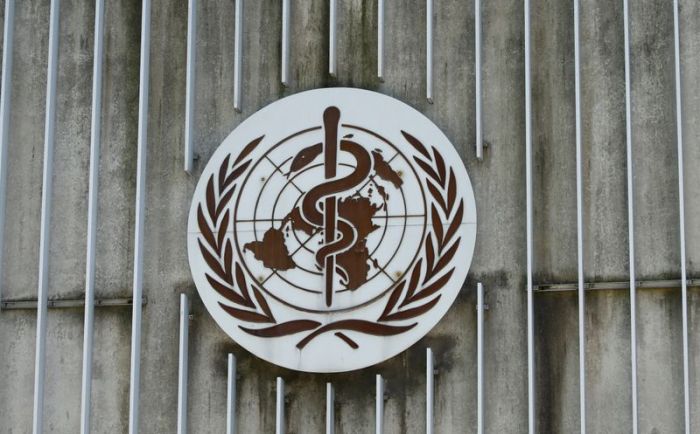AMMAN (Reuters) – Jordan ended voting on Tuesday in elections that were set to keep parliament in the hands of tribal and pro-government factions and have been criticised by the Islamist and liberal opposition for failing to reflect their true level of support.
Officials said turnout among the 4.64 million eligible to vote was 29.88%, the lowest participation rate in many years. The poll coincides with deep public discontent as Jordan grapples with an economic crisis, and unemployment and poverty aggravated by a surge in the COVID-19 pandemic.
“Fear of coronavirus has impacted the level of participation,” Khaled Kalaldeh, chief commissioner of the state-run Independent Election Commission (IEC), told reporters. He said 1.38 million voters cast ballots.
Across the country, banners of around 1,700 candidates appealed to voters along mostly tribal and family loyalty lines.
Politicians had urged Jordanians to vote amid widespread apathy and calls for a boycott of what many see as an almost toothless assembly packed with government loyalists powerless to make change.
“Our society is tribal but we have to encourage people to vote. I appeal to them to head to ballot boxes to make change,” Faisal al Fayez, a prominent politician and former premier and royal court chief, told state-owned al-Mamlaka television.
The government has maintained an electoral system that under-represents densely-populated cities that are Islamist and Palestinian strongholds.
Constituencies are structured so that urban areas have far fewer MPs per voter than the countryside, whereas sparsely-populated tribal and provincial cities which form a bedrock of support for the kingdom’s Hashemite monarchy send the majority of deputies to parliament.
Tribalism has been on the rise as a political element in Jordan, blunting the emergence of national parties and curbing the influence of Islamists.
The Muslim Brotherhood, the country’s main opposition group, say they are participating in the polls even though the electoral law keeps them marginalised to avoid being in the political wilderness and to ensure they can deliver vocal opposition to the pro-Western government.
The Middle Eastern country reported 91 new deaths from COVID-19 on Tuesday, the highest daily figure since the pandemic surfaced in March. A five-day lockdown will begin an hour after polls close in a return to tougher mobility restrictions.
(Reporting by Suleiman Al-Khalidi, editing by Ed Osmond, Alexandra Hudson and Sonya Hepinstall)




























